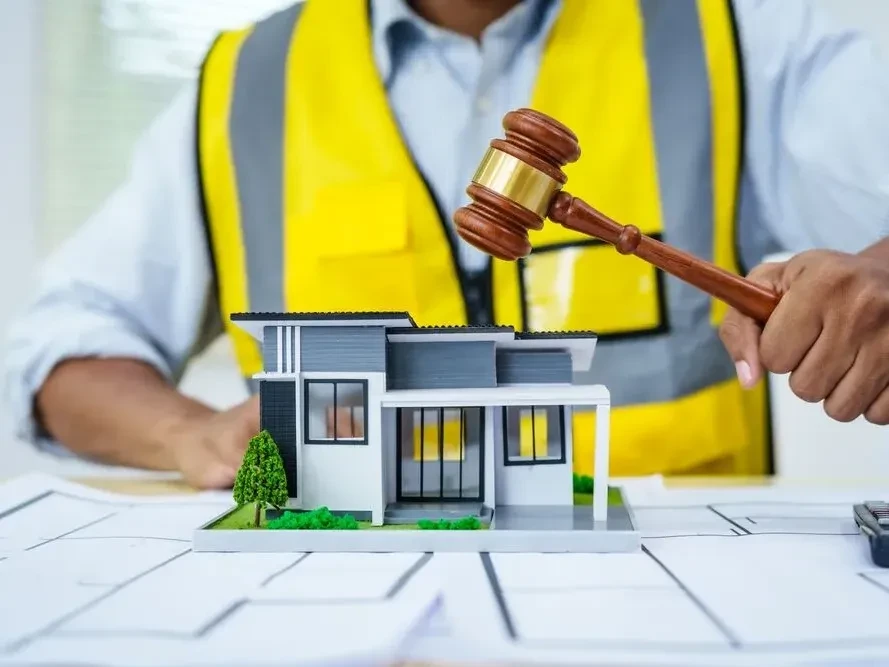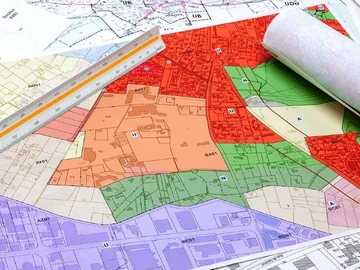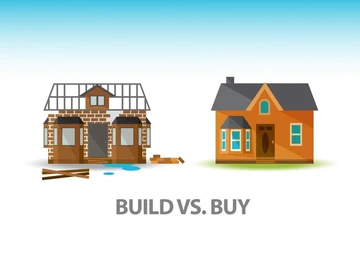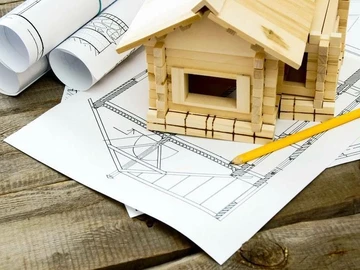So, you've found the perfect stand, house, or commercial space great location, great price. But before you start building, opening a business, or turning your new place into an Airbnb, there's a critical factor that could make or break your plans: zoning.
In Zimbabwe, zoning laws dictate how land can legally be used residential, commercial, industrial, agricultural, or mixed-use. Ignoring these regulations could lead to denied permits, legal trouble, or even demolition.
In 2024, over 25% of property development applications in Harare were rejected due to zoning violations or change-of-use conflicts, according to local council records. Whether you're a buyer, investor, or developer, here’s what you must know.
1. What Are Zoning Laws?
Zoning laws (also known as land use regulations) are legal frameworks used by local councils and municipalities to control the type of developments allowed in certain areas.
The major zoning categories in Zimbabwe include:
- Residential: Housing-only areas - Found in suburbs like Mt Pleasant, Greendale, and Westgate.
- Commercial: Zones for offices, shops, and restaurants - Located in Harare CBD, Avondale Shops, and Belgravia.
- Industrial: Designated for factories and warehouses - Common in Southerton, Msasa, and Workington.
- Agricultural: Land for farming and animal husbandry - Typical in Goromonzi, Nyabira, and Beatrice.
- Mixed-use: Combined residential and commercial spaces - Seen in the Avenues and Borrowdale Office Park areas.
2. Why Zoning Matters to Buyers and Developers
Imagine buying a stand intending to build flats, only to find out the area is strictly low-density residential. Or planning to run a small shop from your garage and getting fined by the council.
Tip: Your title deed or development permit usually indicates the zoning status.
Key zoning restrictions may include:
- Plot size minimums
- Floor-area ratio limits (how much you can build)
- Building height caps
- Setback distances
- Parking requirements
3. Check Before You Build or Buy
Before buying land or property, always:
- Verify the zoning status with the Local Planning Authority or Town Planning Office
- Ask whether zoning changes have been proposed for the area
- Check if Change of Use is possible (and how long it takes)
- Review your deed conditions some restrict business or multi-dwelling use
Some areas like Chisipite, Borrowdale, and Mandara have restrictions that prohibit cluster developments or commercial activities in residential zones.
4. Can You Apply to Change Zoning?
Yes but it’s a process.
Changing zoning use is called a “Change of Use Application”, submitted to your city or rural district council. Approval depends on:
- Local development plans
- Environmental impact
- Infrastructure capacity (roads, sewage, water supply)
- Objections from neighbours
Processing time: 30–90 days (can vary by council)
Note: Only 40–60% of Change of Use applications are approved in major urban centres due to policy restrictions.
5. Diaspora Buyers: Be Extra Cautious
Many diaspora buyers purchase plots remotely or through agents, then face hurdles when trying to build flats, commercial centres, or Airbnb units.
If you're based abroad:
- Ensure your rep checks zoning before you buy
- Avoid stands labelled “residential” when planning commercial use
- Insist on approved layout plans and council letters
6. Where to Get Reliable Zoning Info
Here’s how to verify zoning before signing on the dotted line:
- Visit the Municipality’s Town Planning Department (e.g., City of Harare, City of Bulawayo)
- Request a Zoning Certificate or Town Planning Map
- Consult a registered urban planner or estate agent
- Use Property.co.zw to explore listings and suburb insights
7. What About Illegal Conversions?
It’s not uncommon to see residential houses being used as shops, churches, or salons without approval. But this carries risks:
You can face:
- Council fines
- Forced closures
- Difficulty selling or transferring the property
For legitimacy, get council approval for special consent use or formal rezoning.
Final Thoughts
Zoning laws may seem technical but they protect you, your investment, and your neighbourhood’s future. Whether you’re planning to build your dream home, run a business, or develop rental flats, understanding what the land is legally allowed for is non-negotiable.
Before buying, building, or repurposing any property, confirm zoning with your local authority and use trusted sources like Property.co.zw to verify listings, price trends, and area insights.
 Continue with Facebook
Continue with Facebook
 Continue with Email
Continue with Email














